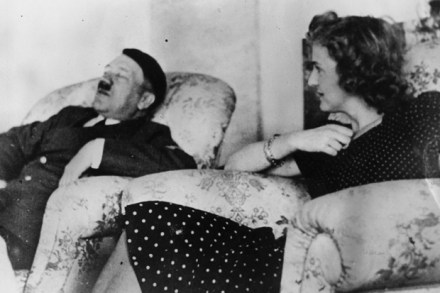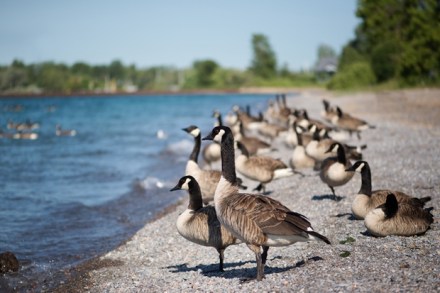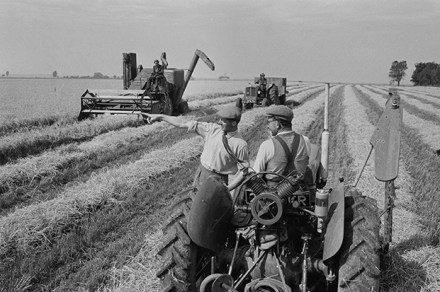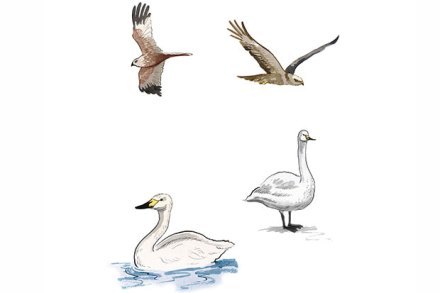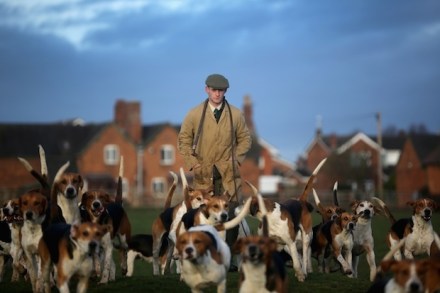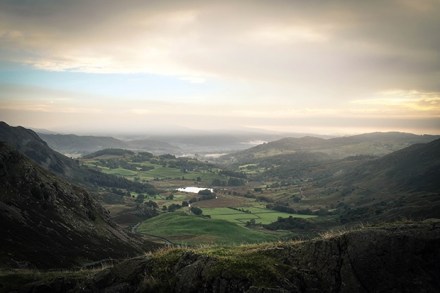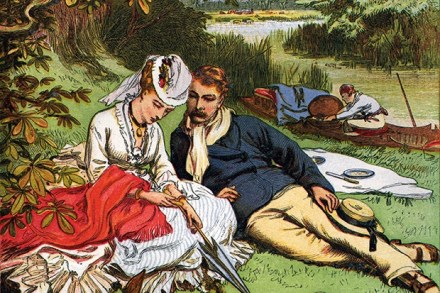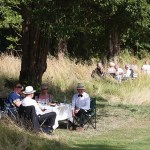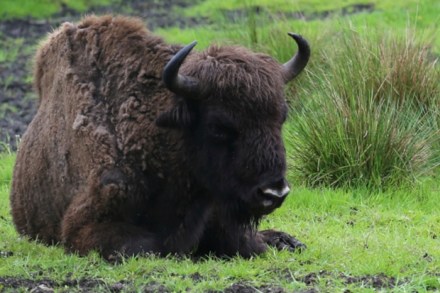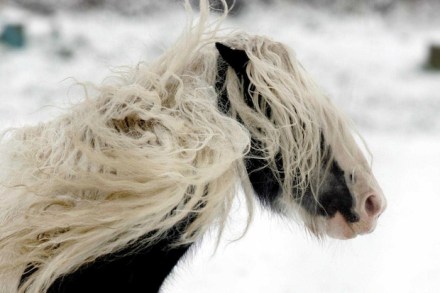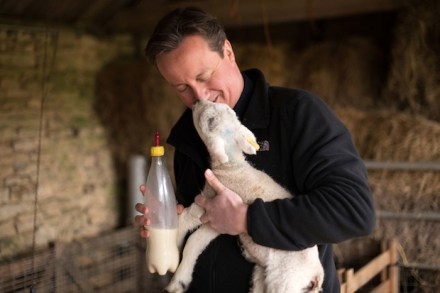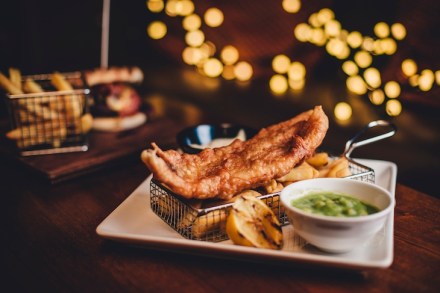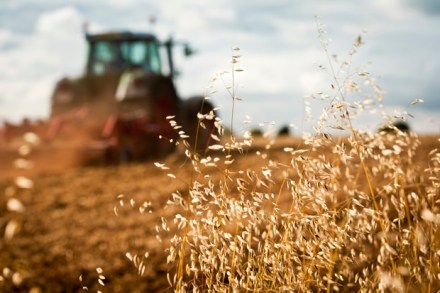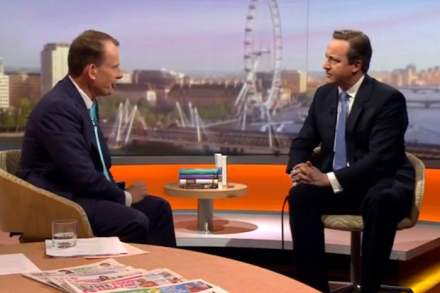My wild place
When I suggested that I might build a little tin house in the subtropical rainforest of south-east Queensland, I was advised by well-meaning folk that this probably wasn’t a very good idea. The forest would close in over the house; mildew and algae would grow on everything including me; the sun would not get above the surrounding scarps on the eastern side till mid-morning, only to plummet out of sight behind the scarps on the western side halfway through the afternoon — not that I’d notice, being penned in perpetual gloom under the forest canopy. All true. And no one to talk to but spiders and snakes. There are certainly





